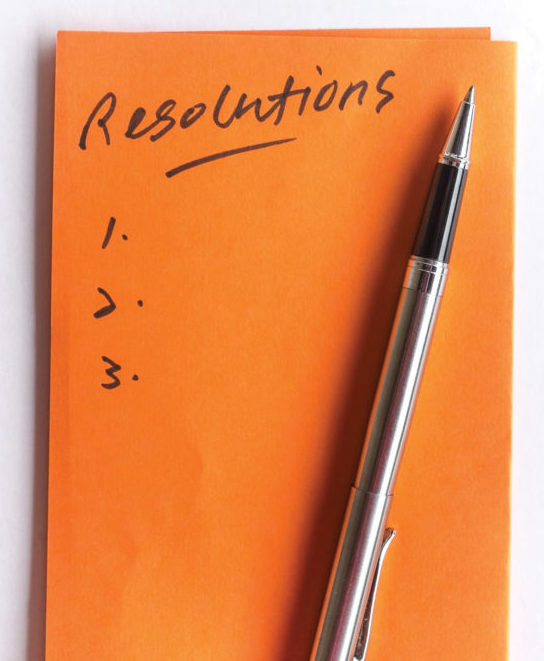
Regardless of the specific challenge we take on, the quest to create our Best Self is a two-edged sword. It can lead to disappointment when we fail to meet the goals we set for ourselves. Perhaps what we need is a little help to stick to our path.
So we hit up Katrina Pfannkuch of Creative Katrina in Fort Collins. Pfannkuch, who calls herself a “creativity consultant and intuitive guide,” helps clients grow the inner self by building “a unique path to inner clarity and transformation to embrace all of who they are and craft a personal practice.”
She focuses as much on the journey as she does on the goal. Setting yourself up for success requires a multi-pronged approach, she says. Here are her suggestions.
START WITH DEEP SELF-EXAMINATION
Pfannkuch says the process of self-improvement starts with a focused mindset. “Pick a time and sit down. Ask yourself: ‘What is working? What isn’t? What do we wish we could be doing?’” A large part of creating the right mindset is to embrace who you are and how you work. This process involves more than just setting goals. It also entails taking a realistic look at how you will accomplish them.
BUILD A PROCESS THAT REFLECTS HOW YOU WORK
“Understand your work flow,” Pfannkuch says. “[Do] what is natural for you.” Do you need an extra half-hour each morning to reflect on your goals for self-improvement? Do you find yourself tied to technology, checking your emails first thing in the morning? Understanding your triggers and working around them can help you reach the goals that you set—and set goals that you can reach.
PRACTICE SOMETHING CONSISTENTLY FOR 30 DAYS
Perhaps your goal is eating healthier food or adopting an exercise routine. Pfannkuch suggests setting an initial target of achieving that goal over a 30-day period. If you can’t meet that short-term resolution, she says, “reevaluate—don’t just mandate.” If a behavior just isn’t going to work for you, don’t try to force it. The 30-day threshold is a chance to assess whether the goal you’ve set truly fits your work flow. If it doesn’t, think about how you can modify the goal and/or your work flow to bring them into alignment. Journaling your progress can be helpful, but only if you can commit to it.
FIND A HEALTH AND WELLNESS TEAM
This can be as simple as one friend who helps keep you accountable, or as elaborate as a set of health care professionals or a life coach. As an example, Pfannkuch’s own health team includes her acupuncturist, whom she sees faithfully every two weeks. Surround yourself with people who make you feel heard; cut people out of your life who create negative emotions or are counterproductive to your goal.
KEEP TIMELINES FLEXIBLE
“There is a difference between a goal and a deadline,” says Pfannkuch. Setting a hard deadline can make you feel forced and make attaining your goal more difficult. Instead, Pfannkuch tells her clients to evaluate goals with the new moon. Try new behaviors for four weeks. At the next new moon, get rid of behaviors that didn’t help you reach your goal, and adopt new ones that you think might move you forward.
EXPECT FRUSTRATION
“It is part of growth,” Pfannkuch advises. “Accept it. Learn how to trust what works for you and what doesn’t, and be honest with what you need. If you trust yourself, you won’t get as frustrated with everything else around you.” In short: Let frustration help you grow; don’t let it defeat you.
FINALLY, DON’T FORGET TO BE PLAYFUL
“The playful part is often forgotten,” Pfannkuch says. “Make the process fun. Embrace that and change will happen faster.”
Or maybe it won’t.
The truth is, self-improvement almost always occurs slowly and sporadically. No matter what goal you establish, you’re liable to stagger toward it crookedly rather than marching in a straight line. Chances are you won’t have reached the destination by this time next year. But you might be closer to it.
If so, give yourself credit for the distance you’ve covered and keep on staggering.






